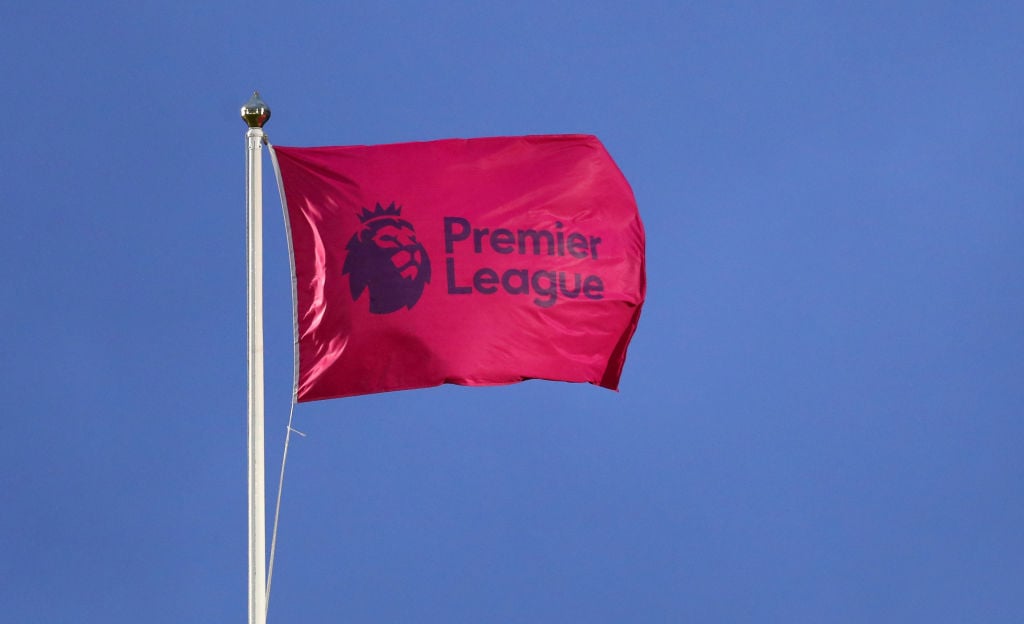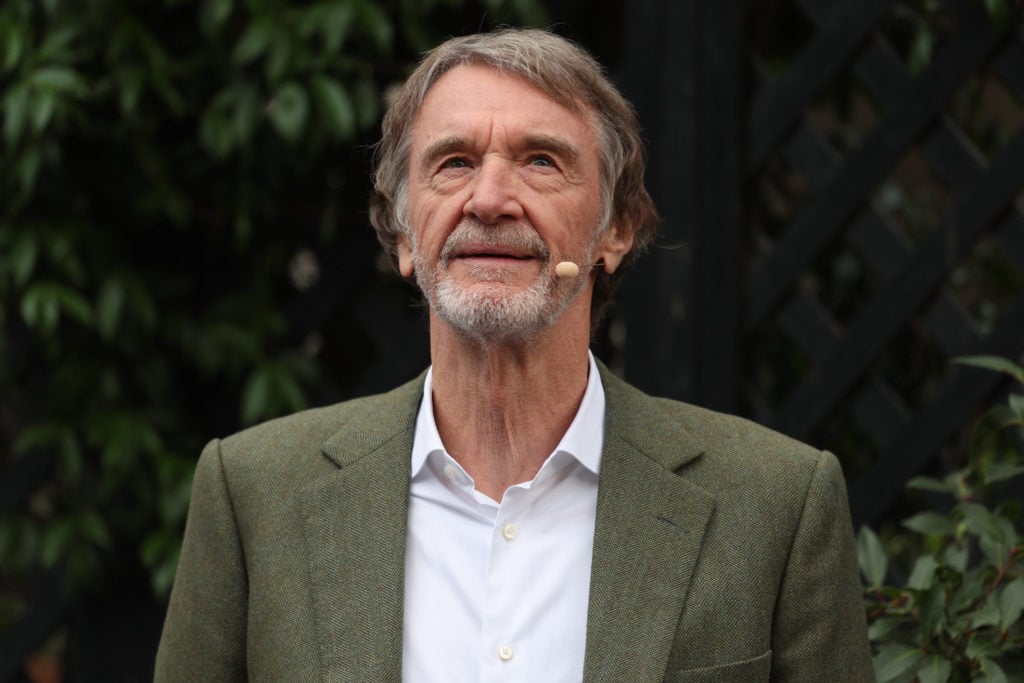Nachrichten
Sir Jim Ratcliffe, Man United’s largest individual shareholder, appears to have performed something of a U-turn in terms of his attitude towards Man City’s legal battle against the Premier League.
Separate to Man City‘s ongoing case with the Premier League over 115 instances of alleged financial misconduct, United’s rivals five miles across the city have also mounted a challenge to the league’s APT rules.
The APT (associated party transaction) rules were introduced after Newcastle United’s takeover in 2021 by the Saudi Public Investment Fund, who – like City’s owners – are the investment arm of a Gulf state.

Ostensibly, the purpose of the APT rules was to prevent clubs from striking overpriced commercial deals with companies linked to their investors in order to short-circuit Premier League spending rules.
City’s £80m-a-year partnership with Etihad is an APT deal, for example, because of the ownership links through the Abu Dhabi government.
This week, City have claimed victory in the APT case in what has been billed as a seismic moment in the history of Premier League governance.
In reality, arbitration cases are rarely binary win-lose affairs. And the Premier League has also insisted that, as the tribunal upheld the bulk of the APT rules, they have come out on top in the wrangle.
City have since emailed Man United and every other top-flight club and framed the Premier League’s response as misleading.
MORE UNITED STORIES
The truth probably lies somewhere in the middle, but the episode has been a macrocosm of how spin and the desire for an easy narrative in an era of seemingly endless litigation are distorting fans’ perception of reality.
Every Premier League club was invited to give evidence at the tribunal. And United did so, siding with the Premier League and emboldening those fans who shriek about the ‘red cartel’ in the process.
But Sir Jim Ratcliffe‘s comments about the case reveal that the higher-ups at Old Trafford are, in fact, potentially conflicted. Here’s what the INEOS billionaire has said, and why it matters.
Sir Jim Ratcliffe sympathetic to Man City in APT case
As detailed in the 175-page ruling, United were one of four clubs to give evidence in the Premier League’s favour at the APT hearing, the others being Arsenal, Liverpool, West Ham and Tottenham.
Brentford, Bournemouth, Fulham and Wolves meanwhile submitted letters in support of the APT rules for the purposes of the arbitration.
It is easy to see why United would take this stance.
APT rules are linked to PSR (Profit and Sustaintainability Rules), which give clubs with the power to go to the market and seal huge sponsorship deals an advantage over those who rely more on owner funds.
United earned £302.9m in commercial income in 2023-24 and agreed huge new sponsorship deals with Snapdragon and Adidas in that period which will be worth well over £1bn over their lifetimes.
But United’s owners in the Glazer family and Ratcliffe are, in essence, free-market capitalists who generally oppose regulation rather than actively advocating for it, as they have done with Man City.
That would explain why Ratcliffe has – in one of his several public appearances since his £1.2bn deal to acquire 27.7 per cent of United – signalled that he personally has a lot sympathy with United’s rivals.
As quoted by The Guardian in June, the Oldham-born 71-year-old said: “I can understand why they are challenging it. You can understand why they would say that they want an open market, a free market.
“The Premier League is probably the most successful sporting league in the world, certainly the most successful football league in the world.
“And we have this expression in northern England: ‘If it ain’t broke, don’t fix it.’
“If you start interfering too much, bringing too much regulation in, then you finish up with the Manchester City issue, you finish up with the Everton issue, you finish up with the Nottingham Forest issue – on and on and on.
“If you’re not careful the Premier League is going to finish up spending more time in court than it is thinking about what’s good for the league. We have got the best league in the world, don’t ruin that league for heaven’s sake.”
His libertarian rhetoric is at odds with United’s voting record, which saw them advocate strengthening the Premier League’s APT rules in February and has consistently opted for tightening PSR.
Like every other club in the Premier League, United act in self-interest, of course. But their co-owner’s stance is emblematic of how conspiratorial allusions to the ‘red cartel’ talk are reductive.
APT, PSR and 115: What happens next and where do United stand?
With Erik ten Hag potentially on the brink of the sack and United enduring their worst ever start to a Premier League season, external legal bluster might not seem like an A1 focus for the club at present.
But the Premier League is a private company with 20 shareholders. As one of those shareholders, United are keenly aware that this is a pivotal moment in their own history.
The APT hearing, alongside City’s 115 charges case, will have a huge, potentially existential impact on the league and how United are run.
The outcome of this case is a tacit admission that PSR is needed for competitive balance in the Premier League, although a rewiring of the system will now likely be needed.
Rich as INEOS and Ratcliffe are, their wealth is utterly dwarfed by nation states and the private equity titans whose interest in football is increasing.

The APT case won’t immediately unlock Saudi Pro League levels of spending for the likes of City or Newcastle, but it will be celebrated wildly in their respective boardrooms.
It is an embarrassment for the Premier League and will only add to the calls for the government to beef up the coming independent regulator for English football, to which United are vehemently opposed.
Related Topics
